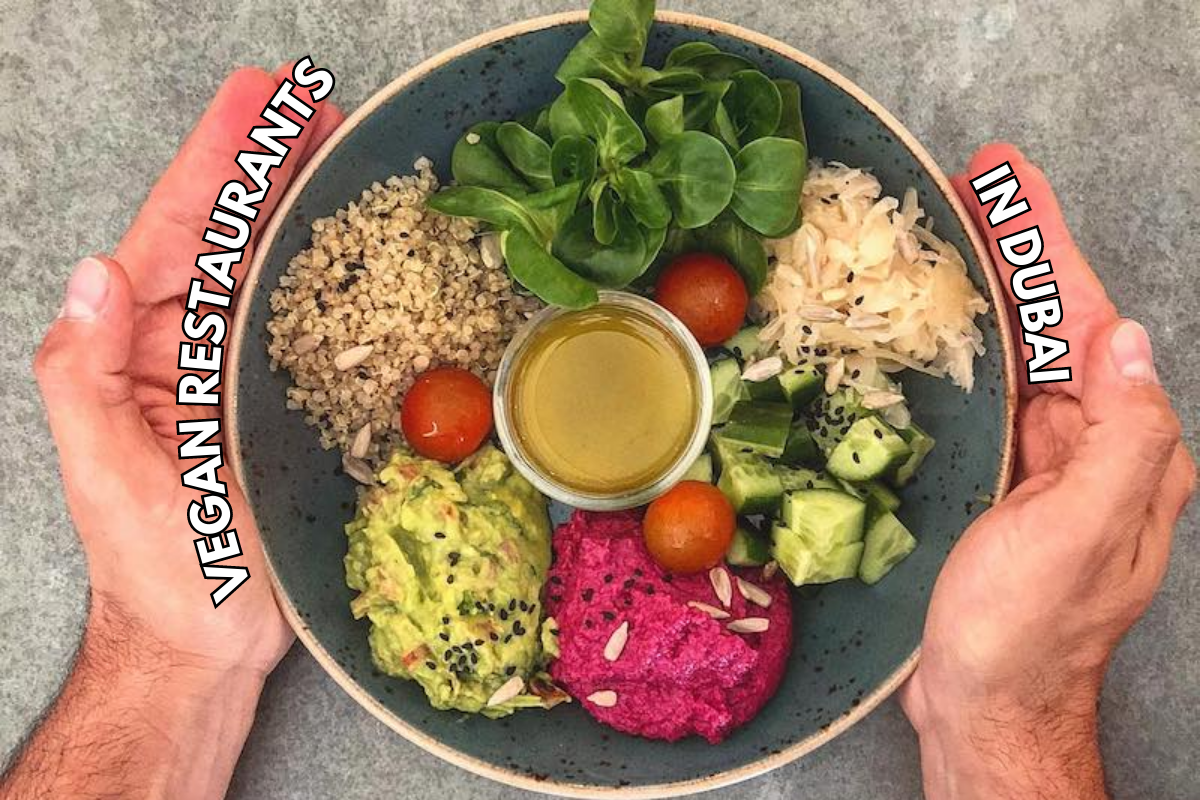In a world where sustainability is becoming increasingly crucial, the food industry has been experiencing a significant shift towards more ethical and environmentally friendly alternatives. Among these, plant-based seafood has emerged as a promising solution, offering a delicious and sustainable option for those looking to reduce their consumption of traditional seafood.
From fish fillets to crab cakes, the plant-based seafood market is booming, providing consumers with a wide array of options that not only mimic the taste and texture of traditional seafood but also offer numerous health and environmental benefits.
The Rise of Plant-based Seafood
Seafood procurement has long been associated with environmental and ethical concerns, whether it's through industrial fishing practices or fish farming. Overfishing, bycatch, and habitat destruction are just a few of the issues plaguing the seafood industry. In response to these challenges, plant-based seafood has emerged as a viable alternative, offering consumers a guilt-free option that doesn't contribute to the depletion of marine resources or harm to marine life.
What is Plant-based Seafood?
Plant-based seafood encompasses a range of products crafted from 100% plant-based ingredients. These alternatives are designed to replicate the taste, texture, and appearance of traditional seafood without the need for animal-derived ingredients. From tuna to shrimp, plant-based seafood offers a versatile and sustainable option for those looking to enjoy their favorite seafood dishes without compromising on taste or ethics.
Ingredients and Production
The ingredients used in plant-based seafood vary depending on the brand and product. Common ingredients include soy, legumes such as chickpeas and peas, seaweed, and various vegetable oils and starches.
- Algae and Seaweed: These marine plants are often used to impart the distinctive flavor and aroma of the sea to plant-based seafood products. Algae and seaweed are rich in umami compounds, which contribute to the savory taste characteristic of many seafood dishes.
- Legumes: Beans, lentils, and peas are valuable sources of plant-based protein and are often used to provide the desired texture and mouthfeel in plant-based seafood products. These legumes can be processed and blended to create flaky textures reminiscent of fish fillets or shrimp.
- Plant-Based Proteins: Soy, wheat, and pea proteins are commonly used to add protein and structure to plant-based seafood products. These proteins can be processed and textured to mimic the fibrous texture of fish or the firmness of shrimp.
- Vegetable Oils and Starches: Vegetable oils and starches are used to bind ingredients together and provide moisture and texture to plant-based seafood products. These ingredients help create the desired consistency and mouthfeel in the final product.
These ingredients are carefully selected to mimic the flavors and textures of traditional seafood while providing a sustainable and ethical alternative.
Production methods for plant-based seafood often involve extrusion, shaping, and flavoring. Extrusion is a process that uses heat and pressure to create a uniform texture while shaping ensures that the final product resembles its seafood counterpart. Flavoring is essential for replicating the distinctive taste of seafood, with natural herbs and spices often used to enhance the flavor profile.
Types of Plant-based Seafood
Plant-based seafood comes in various forms, each offering a unique taste and texture. Some of the most popular types of plant-based seafood include:
- Fish Fillets: Plant-based fish fillets offer a delightful and sustainable alternative to traditional fish. Crafted to emulate the flakiness and tenderness of fish, they are suitable for a wide range of dishes.
- Vegan Shrimp: Plant-based shrimp capture the succulent and slightly sweet essence of traditional shrimp. Whether used in pasta, stir-fries, or as a delightful appetizer, vegan shrimp provide a guilt-free indulgence.
- Scallops: Plant-based scallops offer an exciting alternative to their seafood counterparts. Crafted with precision, they replicate traditional scallops' tender texture and mild flavor.
- Crab Cakes: Plant-based crab cakes are a culinary delight for those who relish the taste of crab without the ethical dilemmas. These flavorful cakes are typically made from a combination of plant-based proteins, seasonings, and binding agents that replicate the texture and taste of crab.
Where to Find Plant-based Seafood in Dubai
Several companies offer plant-based seafood products that can be found in supermarkets, such as Carrefour and Spinneys, specialty stores, or ordered online through platforms like Desertcart.ae in Dubai. Some of the prominent brands offering plant-based seafood options include:
- Good Catch: Good Catch produces a wide variety of plant-based seafood products, including fish-free tuna, fish sticks, and fish fillets.
- Gardein: Gardein offers plant-based seafood alternatives, including mini crabless cakes and golden fishless fillets.
- Loma Linda: Loma Linda offers seafood alternative products such as Skallops and Tuno.
- Quorn: Quorn offers fishless sticks as part of their line of plant-based alternatives, along with other plant-based meat options.
Benefits of Plant-based Seafood
The benefits of plant-based seafood are manifold, ranging from environmental sustainability to health and nutrition. By opting for plant-based alternatives, consumers can reduce their carbon footprint, alleviate pressure on marine ecosystems, and promote animal welfare.
Unlike traditional seafood production, which often involves destructive fishing practices and habitat degradation, plant-based seafood offers a more sustainable alternative. By reducing the demand for wild-caught fish and alleviating pressure on marine ecosystems, plant-based seafood helps preserve marine biodiversity and protect fragile ocean ecosystems.
In addition to being environmentally friendly, plant-based seafood also offers numerous health benefits. These alternatives are often lower in saturated fats and cholesterol compared to traditional seafood, making them a heart-healthy choice for consumers. Additionally, plant-based seafood is rich in essential nutrients such as protein, fiber, vitamins, and minerals, supporting overall health and well-being.
Challenges and Concerns
While plant-based seafood offers numerous benefits, it's not without its challenges. Achieving the perfect balance of taste and texture can be tricky, requiring continuous innovation and refinement.
Addressing allergen concerns is essential, as some ingredients commonly used in these products, such as seaweed and soy, may pose risks for individuals with allergies or sensitivities.
In conclusion, the landscape of food is evolving rapidly, and plant-based seafood is at the forefront of this culinary revolution. With a focus on sustainability, ethics, and health, the rise of plant-based seafood offers a promising alternative to traditional seafood consumption.
Advances in technology and research continue to refine the taste, texture, and nutritional profile of these alternatives, making them increasingly appealing to a wide range of consumers. Furthermore, as awareness of the environmental impact of traditional fishing practices grows, the demand for plant-based seafood is expected to soar, driving further innovation in the industry.
Also Read:















